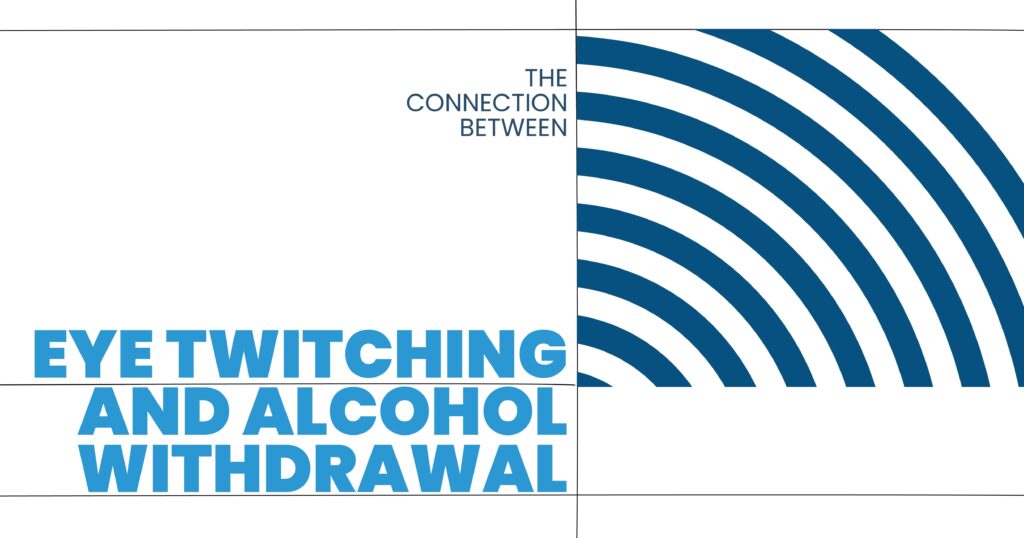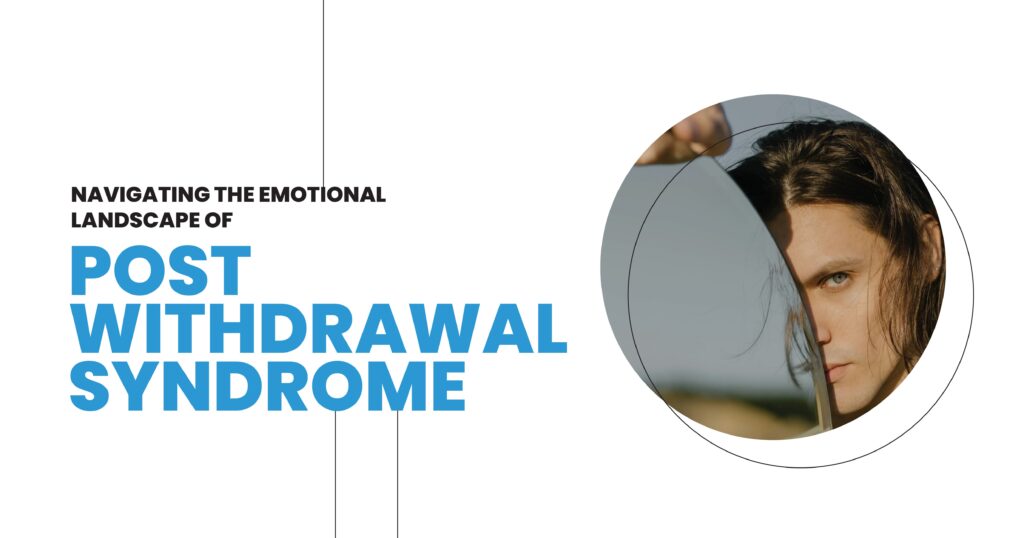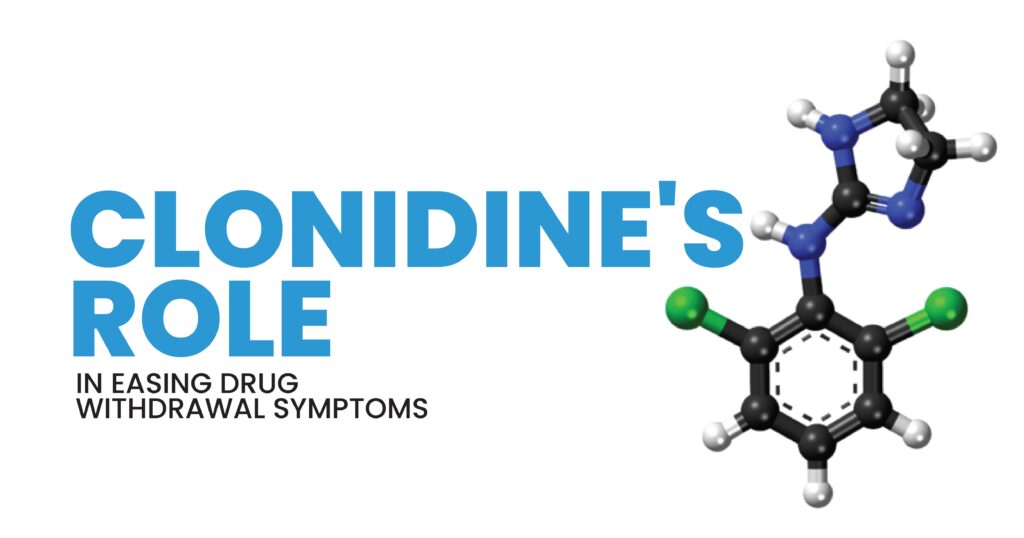Can Alcohol Really Help You Sleep Better?

Authored By:
Raleigh Souther

Edited By:
Chase Mcquown
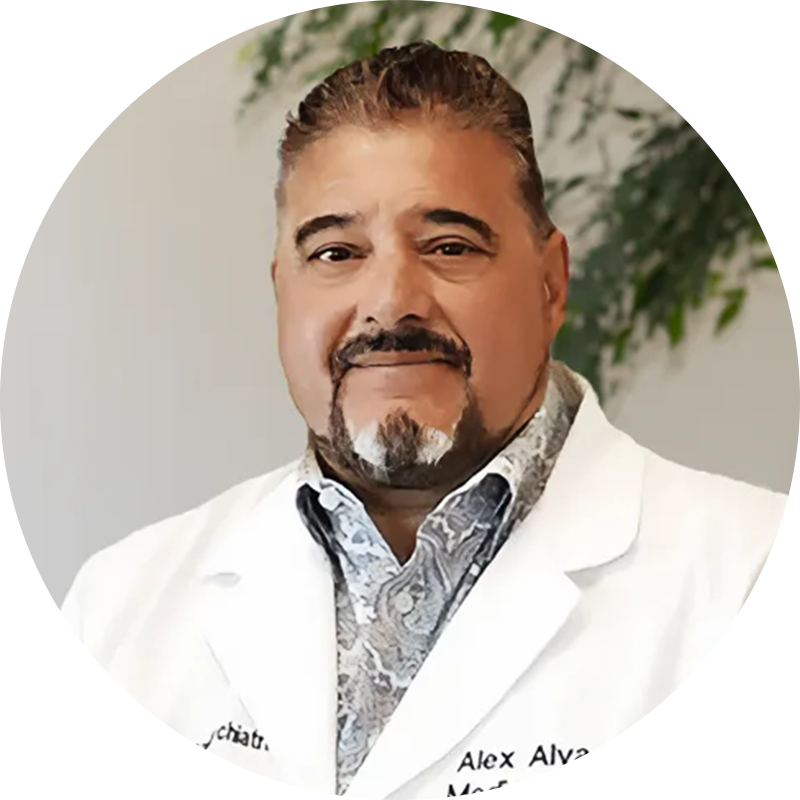
Medically Reviewed By:
Dr. Alejandro Alva
- Last Updated:
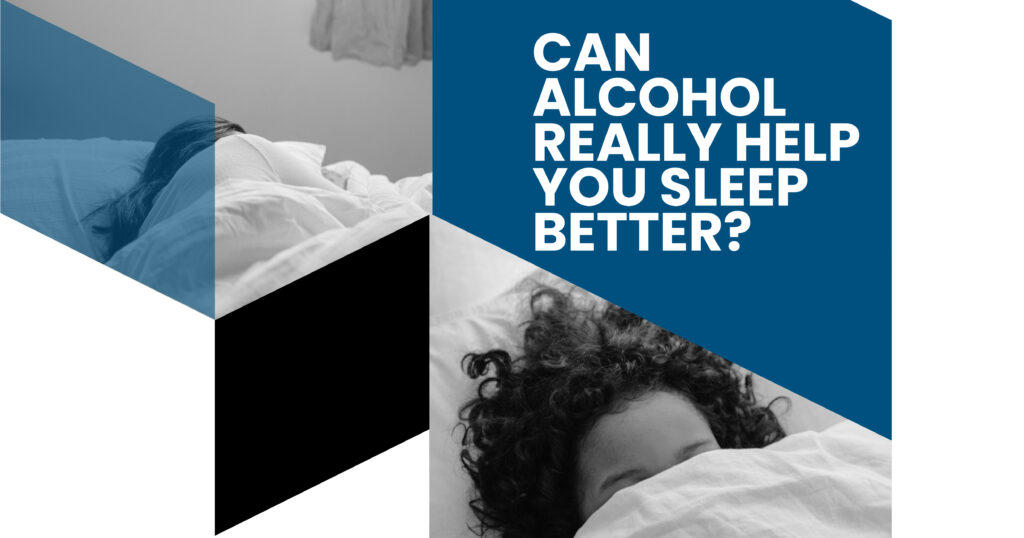
A drink before bed might sound like the perfect way to wind down after a long day. For many, alcohol seems to offer a shortcut to falling asleep faster. But can alcohol help you sleep in a truly restorative way? While it may provide initial drowsiness, alcohol’s effects on the body and brain can interfere with critical stages of sleep, leaving you more tired and less refreshed in the morning.
In this article, we’ll break down the complex relationship between alcohol and sleep, exploring both the immediate sedative effects and the long-term consequences. Understanding these connections is crucial for anyone using alcohol as a sleep aid and especially for those battling insomnia and alcohol dependence.
How Alcohol Affects Your Sleep Cycle
To understand how alcohol interferes with sleep, we first need to look at how the sleep cycle works. The human sleep cycle consists of multiple stages that repeat throughout the night, including light sleep, deep sleep, and REM (Rapid Eye Movement) sleep.
When you consume alcohol before bedtime, it alters how your brain moves through these stages. Initially, alcohol acts as a central nervous system depressant, making you feel sleepy. This is why some people think a drink or two might “help” them sleep.
But as the night progresses, the body metabolizes the alcohol, and its sedative effects wear off. This shift often causes restless sleep, frequent awakenings, and shorter REM periods all of which reduce the quality of rest.
Impact of Alcohol on REM and Deep Sleep
Alcohol has sedative properties that can make falling asleep easier. It boosts the effects of GABA, a neurotransmitter that slows brain activity, producing a sense of calm and drowsiness. For people dealing with stress or anxiety, this immediate sedation may feel like a welcome solution.
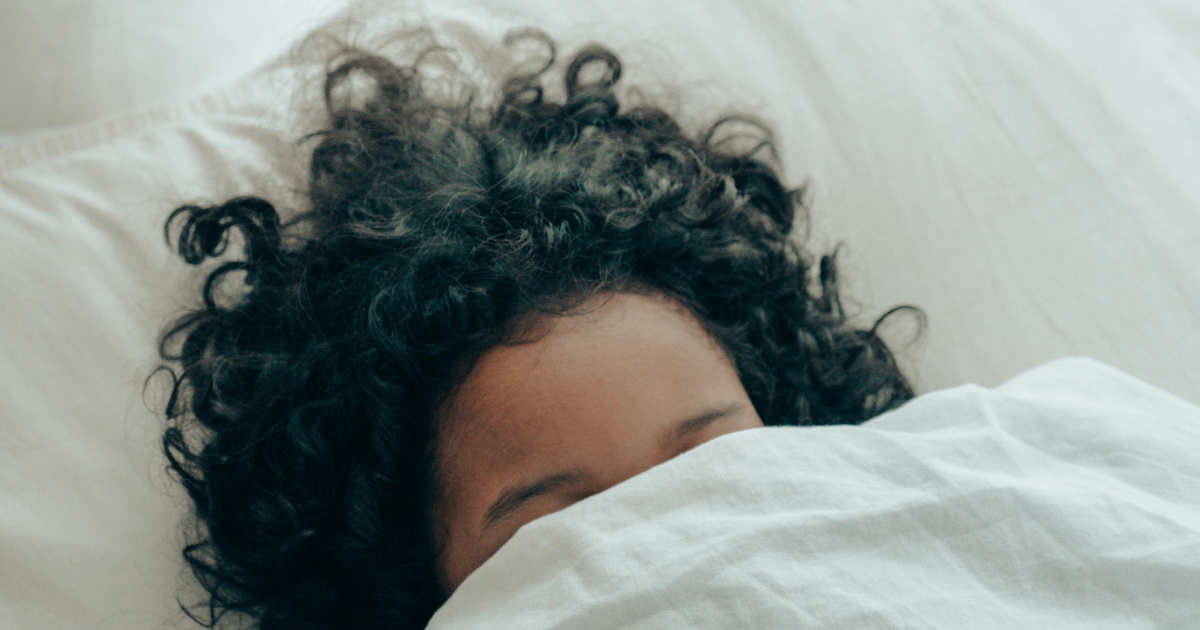
However, this benefit is short-lived. Falling asleep quickly is not the same as getting quality rest. In fact, alcohol disrupts the natural structure of sleep.
The Downside of Alcohol-Induced Sleep
As your body breaks down alcohol, your sleep becomes more fragmented. REM sleep, which is essential for memory, mood regulation, and cognitive function, becomes shorter and more disturbed. You may experience vivid dreams, night sweats, or frequent trips to the bathroom all common effects of alcohol and REM sleep interference.
Similarly, alcohol decreases deep sleep, the restorative phase during which your body repairs itself. Reduced deep sleep over time can lead to chronic fatigue, decreased immune function, and poor concentration.
Influence of Alcohol on Sleep Quality and Insomnia
One of the most misleading assumptions about alcohol is that it promotes restful sleep. In reality, long-term use can actually increase insomnia. This happens for several reasons:
- Alcohol shortens sleep duration by disrupting natural circadian rhythms.
- It affects melatonin production, a hormone that regulates sleep-wake cycles.
- It contributes to sleep apnea, particularly in those who already snore or have respiratory issues.
In individuals who rely on alcohol to fall asleep, dependency can quickly develop. Over time, the body builds tolerance, requiring more alcohol to achieve the same sedative effect. This cycle leads to poor sleep quality, worsened insomnia, and, ultimately, alcohol dependence.
Alcohol as a Sleep Aid: Myths and Facts
Let’s clear up some common misunderstandings around alcohol and sleep:
| Myth | Fact |
| Alcohol Helps You Sleep Better | It may help you fall asleep faster, but severely disrupts sleep quality. |
| A Nightcap Is Harmless | Regular use can lead to dependency and worsen insomnia. |
| Alcohol Improves Deep Sleep | It actually reduces deep sleep after the initial sedative effect wears off. |
| More Drinks = More Rest | Excess alcohol leads to fragmented sleep, dehydration, and hangovers, which all disturb rest. |
Effects of Alcohol on the Sleep Cycle
The alcohol sleep cycle impact is especially problematic because it affects both the architecture and continuity of sleep. Here’s how:
- Stage 1 & 2 (Light Sleep). Alcohol can extend these phases, preventing deeper restorative stages.
- Stage 3 (Deep Sleep). Initially enhanced in small doses, but significantly reduced in the second half of the night.
- REM Sleep. Severely suppressed during the first sleep cycles. This leads to REM rebound later in the night, causing intense dreams and increased wakefulness.
As the alcohol is metabolized, neurotransmitter imbalances can cause early morning awakenings, anxiety, and poor sleep continuity. Over time, these effects accumulate, leading to chronic sleep disruption. The Sleep Foundation provides extensive information on alcohol and sleep and its long-term consequences.
Strategies for Reducing Alcohol’s Impact on Sleep
If you’re struggling with sleep and using alcohol to cope, here are some healthier strategies to try:
- Limit Alcohol Intake Before Bed. Avoid drinking at least 3–4 hours before going to sleep.
- Create a Relaxing Sleep Environment. Dim lights, reduce screen time, and maintain a cool room temperature.
- Practice Sleep Hygiene. Go to bed and wake up at the same time every day even on weekends.
- Use Natural Sleep Aids. Herbal teas (like chamomile), magnesium supplements, or melatonin (under doctor guidance).
- Address Underlying Issues. If stress or anxiety is keeping you up, consider therapy, journaling, or mindfulness exercises.
Sleep Better, Live Healthier: Get Support at Visalia Recovery Center
If you or a loved one is relying on alcohol to fall asleep, it may be time to rethink the pattern. While the occasional drink might not seem harmful, persistent use can wreak havoc on your mental and physical health, leading to poor sleep, mood disorders, and addiction.
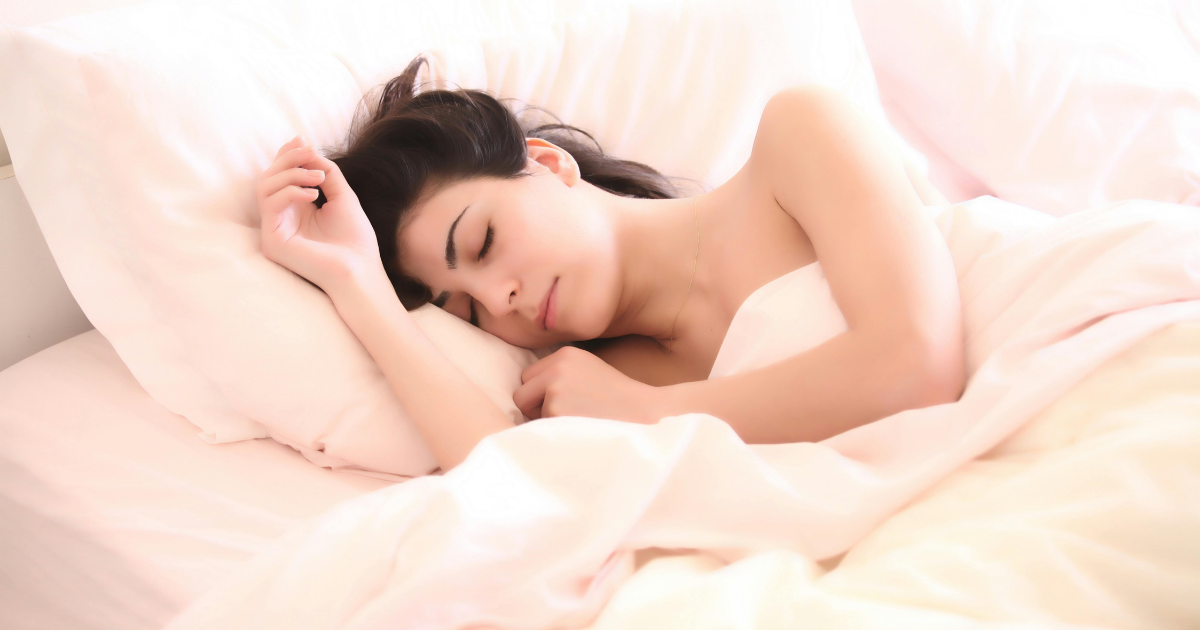
At Visalia Recovery Center, we understand the deep connection between alcohol use and sleep health. Our compassionate team offers evidence-based treatments to help you reclaim restful sleep and overall wellness without relying on substances.
We offer personalized treatment plans that include medically supervised detox, individual therapy, and holistic sleep interventions. Whether you’re struggling with insomnia and alcohol or broader addiction issues, we’re here to help. Contact us today to learn how we can support your journey to a healthier, alcohol-free life.
FAQs
- How does alcohol affect the quality of sleep and contribute to insomnia?
Alcohol disrupts the natural sleep cycle, particularly REM and deep sleep stages. This fragmentation contributes to poor sleep quality and can lead to chronic insomnia.
- What are the effects of alcohol on REM and deep sleep phases?
REM sleep is reduced early in the night and may rebound later with vivid dreams, while deep sleep is also interrupted, preventing the body from proper recovery.
- Can alcohol be considered a reliable sleep aid, and what myths surround it?
No, alcohol is not a reliable sleep aid. While it may help you fall asleep initially, it disrupts the deeper, more restorative stages of sleep.
- How does alcohol consumption alter the sleep cycle and its stages?
Alcohol increases light sleep and reduces both deep and REM sleep. It also causes more awakenings and fragmented sleep patterns as it’s metabolized.
- What strategies can help minimize the impact of alcohol on sleep patterns?
Limiting alcohol intake before bed, improving sleep hygiene, using natural sleep aids, and seeking support for stress or anxiety can significantly improve sleep quality.
